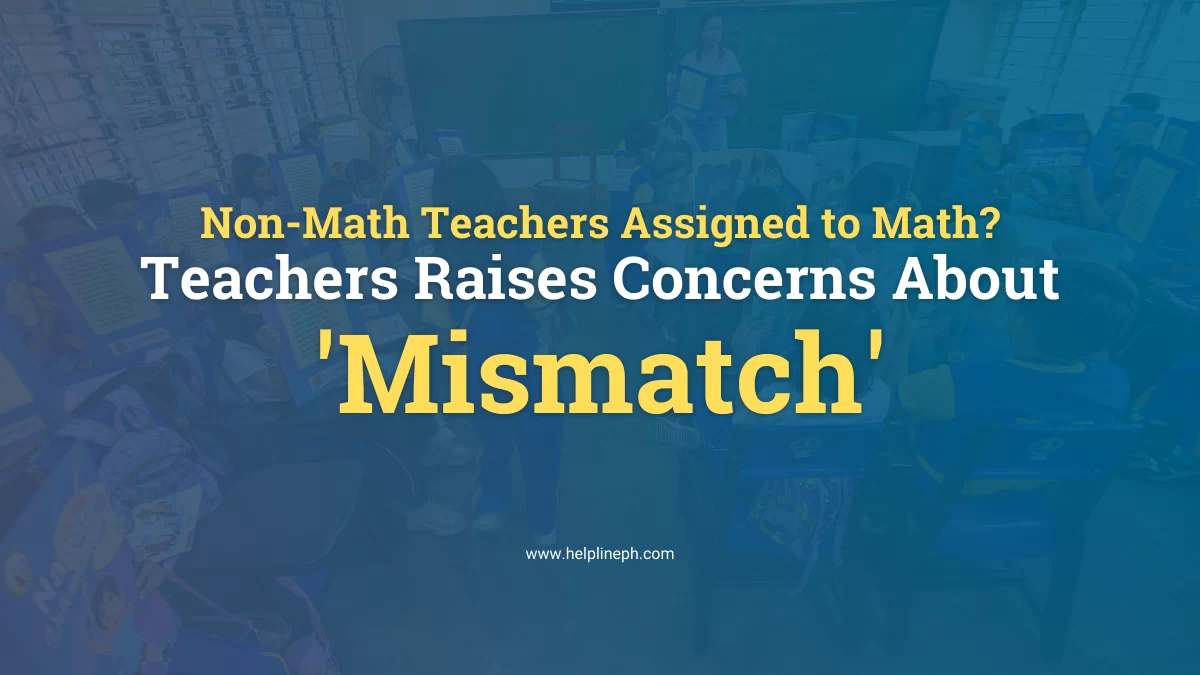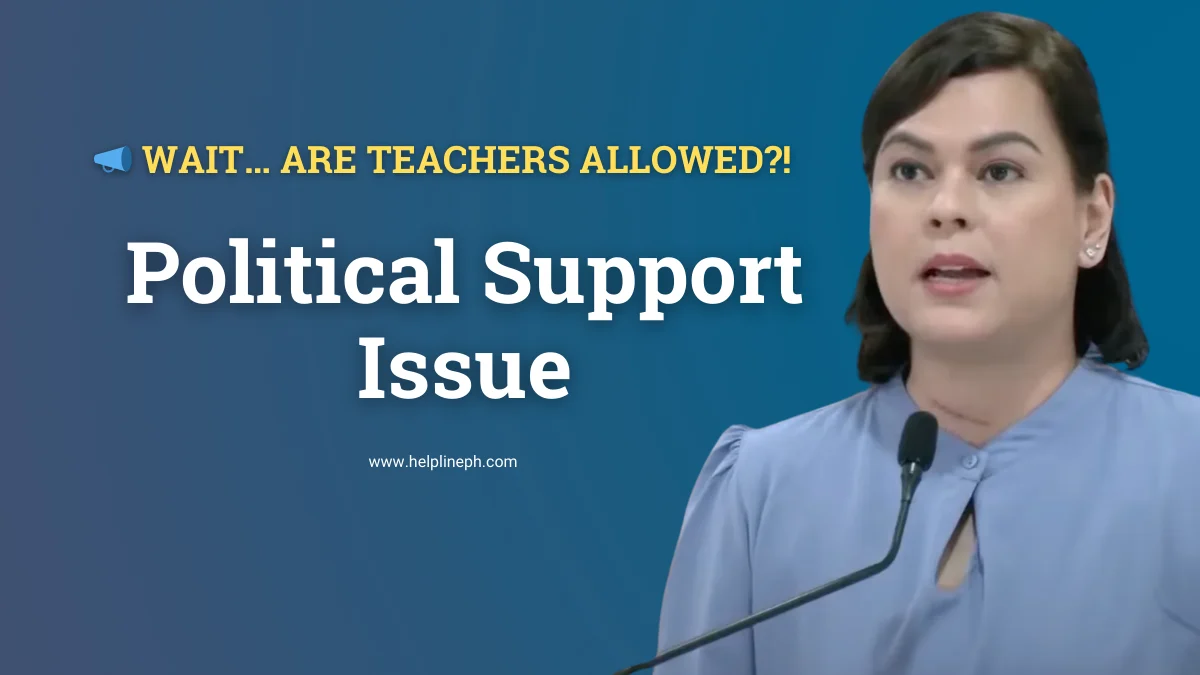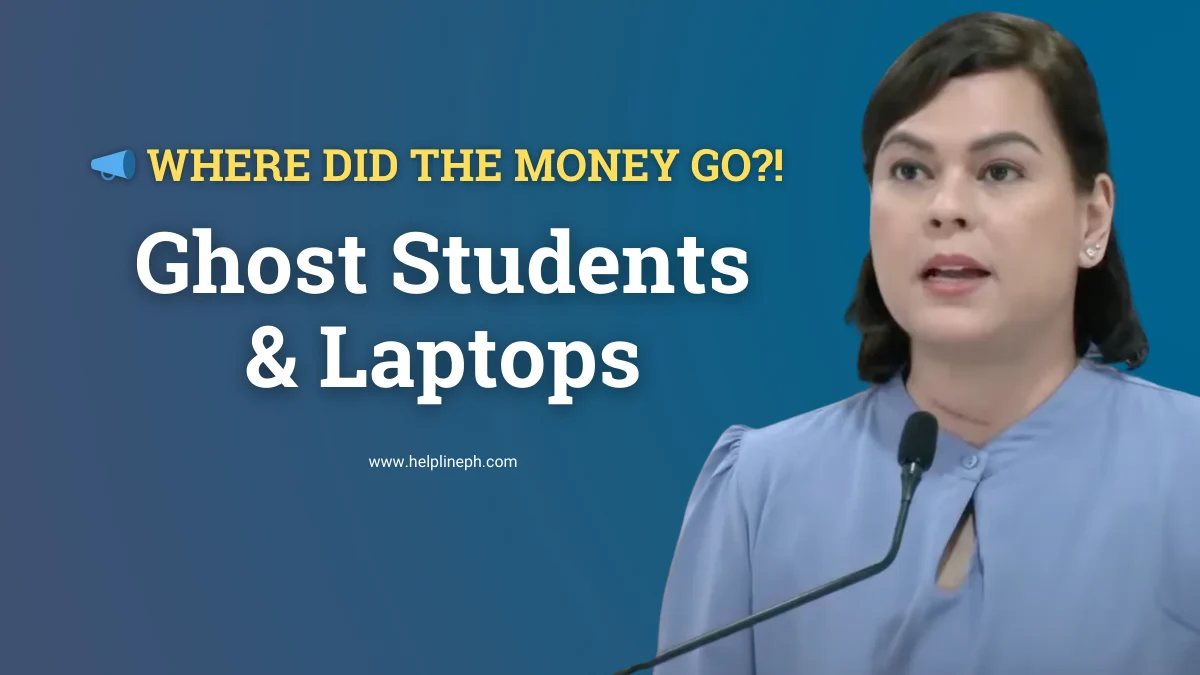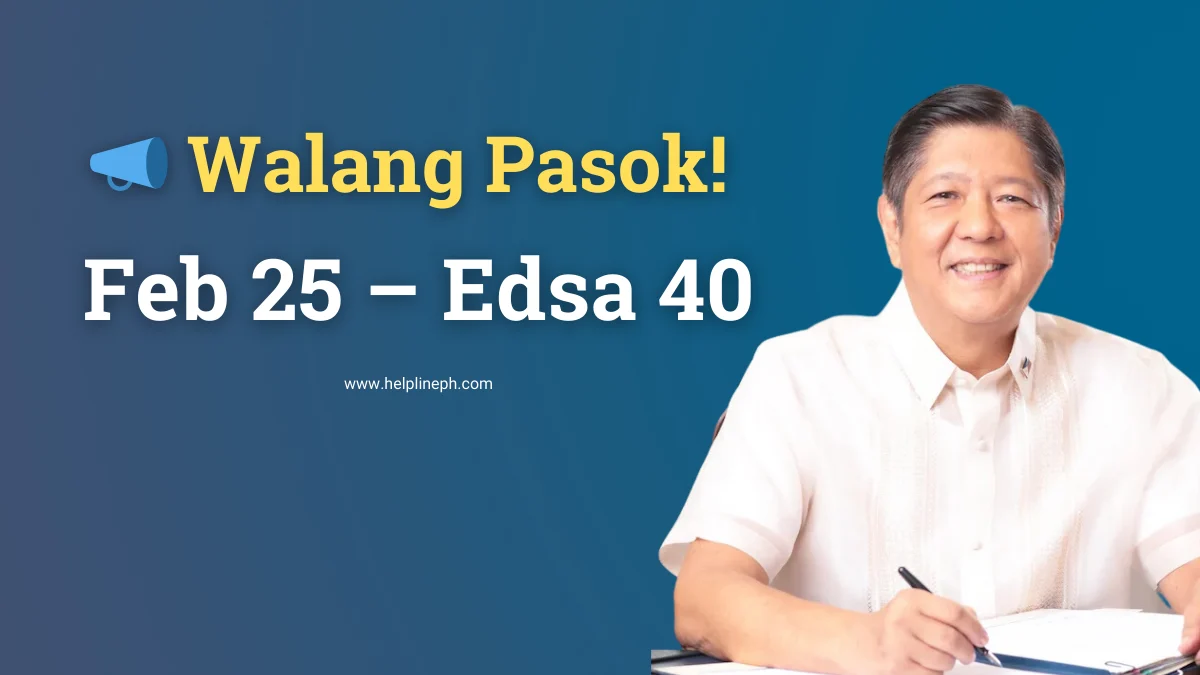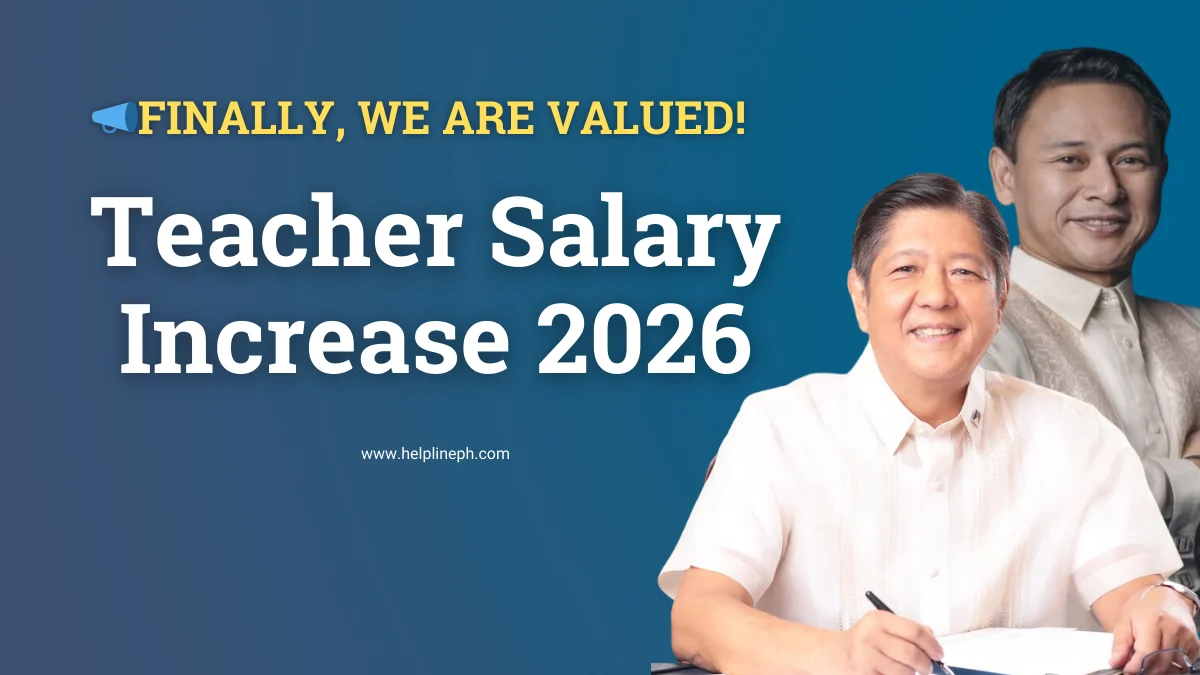The issue of teachers mismatch has become a pressing concern in the Philippines, drawing attention from education groups and government bodies alike. This problem, where teachers are assigned to subjects outside their field of expertise, is affecting the quality of education across the country. Recent discussions and studies highlight the extent of this mismatch and its impact on both educators and students.
What is Teachers Mismatch?
Teachers mismatch occurs when educators are tasked with teaching subjects that are not aligned with their major field of study or expertise. For example, a teacher with a degree in Social Studies might find themselves teaching Home Economics or Technical-Vocational-Livelihood (TVL) courses, despite having little to no formal training in these areas. This mismatch not only challenges teachers but also potentially diminishes the quality of education students receive.
Causes of Teachers Mismatch
Several factors contribute to the teachers mismatch in the Philippines. Vladimer Quetua, chairperson of the Alliance of Concerned Teachers (ACT), pointed out that a lack of budget and insufficient plantilla positions in public schools are significant contributors. The shortage of specialized teachers, particularly in subjects like Mathematics and Science, exacerbates the problem. Education Undersecretary Gina Gonong acknowledged that there simply aren’t enough qualified applicants for these critical teaching positions.
The Impact on Education Quality
The teachers mismatch issue has far-reaching consequences on the quality of education. Rep. France Castro of the ACT-Teachers party-list stressed that effective teaching is compromised when teachers are assigned to subjects outside their specialization. This problem is particularly evident in high school education, where the complexity of subjects like Mathematics and Science requires a strong background in these fields. When teachers without proper training in these areas are assigned to teach them, students’ learning experiences suffer.
The Scope of the Problem
A study by the Second Congressional Commission on Education (EDCOM 2) revealed that teachers mismatch is widespread in the Philippines. The study found that 62% of high school teachers are teaching subjects outside their college specializations. The situation is particularly dire in Science education, where more than half of the teachers do not have a background in the subject they are teaching. In Physics, a staggering 98% of teachers lack the necessary expertise.
Challenges Faced by Private Schools
The teachers mismatch issue is not confined to public schools. Private educational institutions also struggle with recruiting and retaining teachers who are properly matched to the subjects they teach. Atty. Kristine Carmina Manaog, legal counsel for the Coordinating Council of Private Educational Associations of the Philippines (COCOPEA), noted that once private schools find qualified teachers, they often lose them to public schools mid-year when vacancies arise. This turnover disrupts students’ education and exacerbates the mismatch problem.
Proposed Solutions to Address Teachers Mismatch
To address the teachers mismatch problem, Rep. Roman Romulo, chairperson of the House Committee on Basic Education and Culture, suggested several solutions. He advocated for expanding the voucher system to support private school teachers and emphasized the importance of decongesting the public school curriculum. By focusing on essential subjects and ensuring that teachers are matched with their areas of expertise, the education system can improve its overall effectiveness.
The Path Forward
As the Philippines prepares its students for international assessments like the Programme for International Student Assessment (PISA), resolving the teachers mismatch issue is crucial. Ensuring that teachers are equipped to teach subjects in which they are experts is key to enhancing the quality of education and preparing students for future academic and professional challenges.
In conclusion, addressing the teachers mismatch in the Philippines requires concerted efforts from both government and educational institutions. By aligning teachers with their areas of expertise, the country can improve its educational outcomes and better prepare its students for the demands of the 21st century.
